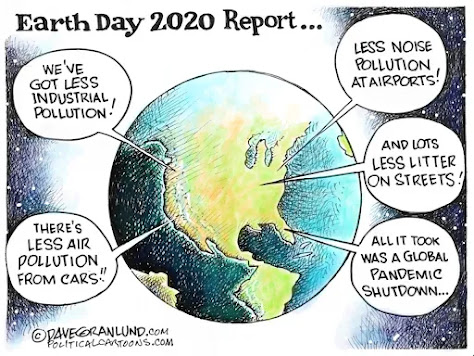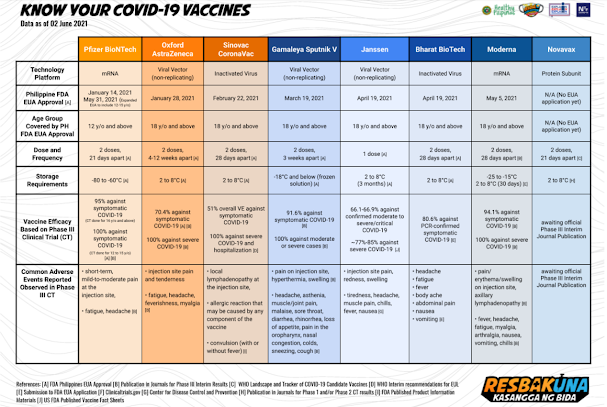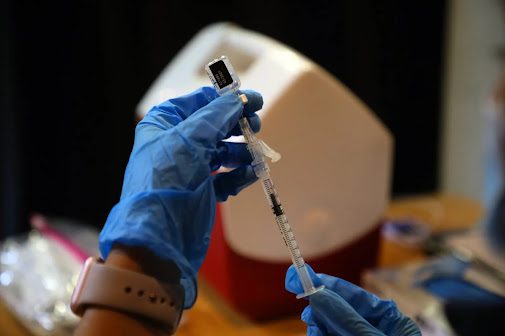Dr. Karikó, the 13th woman to win the prize, languished for many long years without funding or a permanent academic position, keeping her research afloat only by latching on to more senior scientists at the University of Pennsylvania who let her work with them. Unable to get a grant, she said she was told she was “not faculty quality” and was forced to retire from the university a decade ago. She remains only an adjunct professor there while she pursues plans to start a company with her daughter, Susan Francia, who has an M.B.A. and was a two-time Olympic gold medalist in rowing.
The mRNA work was especially frustrating, she said, because it was met with indifference and a lack of funds. She said she was motivated by more than not being called a quitter; as the work progressed, she saw small signs that her project could lead to better vaccines. “You don’t persevere and repeat and repeat just to say, ‘I am not giving up,’” she said.





















